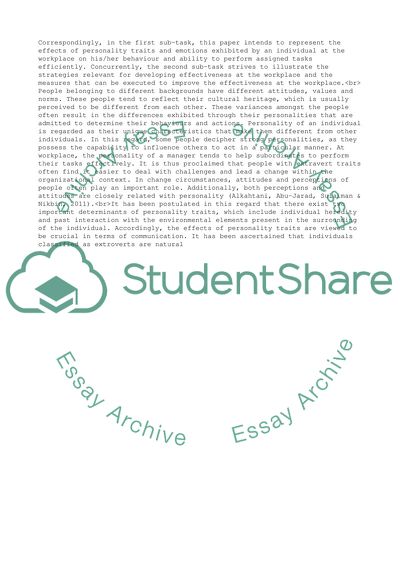Cite this document
(Self-assessment report on professional characteristics Essay, n.d.)
Self-assessment report on professional characteristics Essay. https://studentshare.org/management/1803336-self-assessment-report-on-professional-characteristics
Self-assessment report on professional characteristics Essay. https://studentshare.org/management/1803336-self-assessment-report-on-professional-characteristics
(Self-Assessment Report on Professional Characteristics Essay)
Self-Assessment Report on Professional Characteristics Essay. https://studentshare.org/management/1803336-self-assessment-report-on-professional-characteristics.
Self-Assessment Report on Professional Characteristics Essay. https://studentshare.org/management/1803336-self-assessment-report-on-professional-characteristics.
“Self-Assessment Report on Professional Characteristics Essay”. https://studentshare.org/management/1803336-self-assessment-report-on-professional-characteristics.


